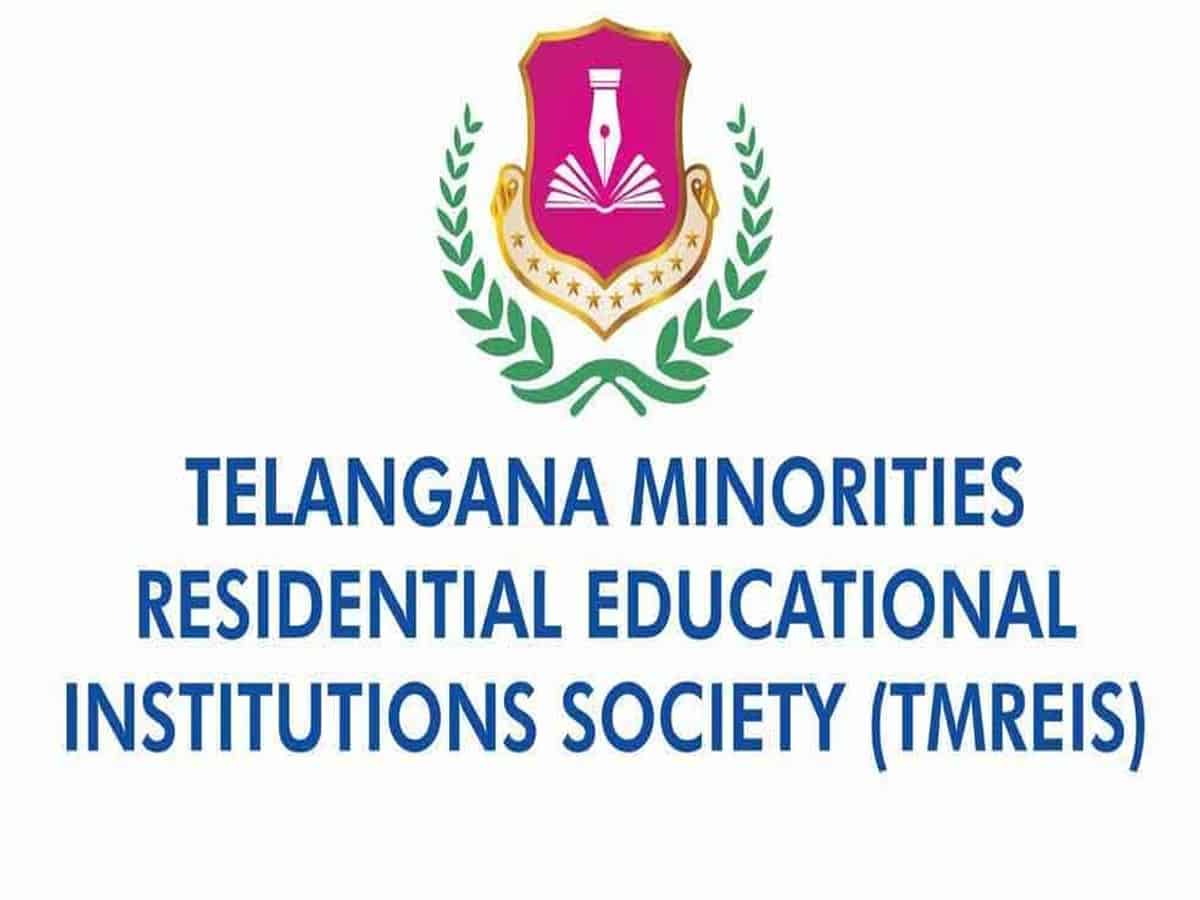
Hyderabad: The right to information (RTI) process, designed to enhance transparency and accountability, seems to be hitting a wall when it comes to obtaining information about the Telangana Minority Residential School Society (TMREIS). Recent RTI responses from TMREIS authorities have raised concerns over the hurdles faced by citizens seeking legitimate information.
In a puzzling turn of events, the answers provided by the Public Information Officer of TMREIS allegedly seem to imply that seeking details about the organization’s functioning and expenditures is tantamount to committing a crime. Critics suggest that this response may be an attempt to obfuscate and deny the public’s right to access crucial information regarding TMREIS.
An NGO, Yugantar filed an RTI application with TMREIS, sought to uncover the allocation and utilization of government funds for sports and otehr activities over the last five years. Additionally, details of government budget allocations for cultural and scientific initiatives, along with the outcomes and number of beneficiaries, were requested. The application also sought information about funds allocated for NCC activities among TMREIS students in the past five years.
Karim Ansari, another RTI activist, delved into the expenditure and outcomes related to competitive examinations such as NEET, EAMCET, and NDA in the TMREIS over the last five years. However, the response received seemed to suggest that the requests for information were excessive and aimed at intimidating the petitioners.
Critics of TMREIS’s approach highlight that by attempting to criminalize legitimate information requests, the institution is inadvertently raising concerns about its transparency and accountability. Allegations of nepotism and corruption within TMREIS have been circulating, and the recent handling of RTI applications has led to suspicions that efforts are being made to suppress crucial information.
Despite several instances of corruption being reported within TMREIS, some observers note that the organization seems to adopt a policy of disregard for these allegations. This approach conveys a misleading sense of stability, while concerns grow regarding the flouting of RTI laws, intimidation of applicants, and a lack of transparency within TMREIS and other institutions under the Minority Welfare Department.
